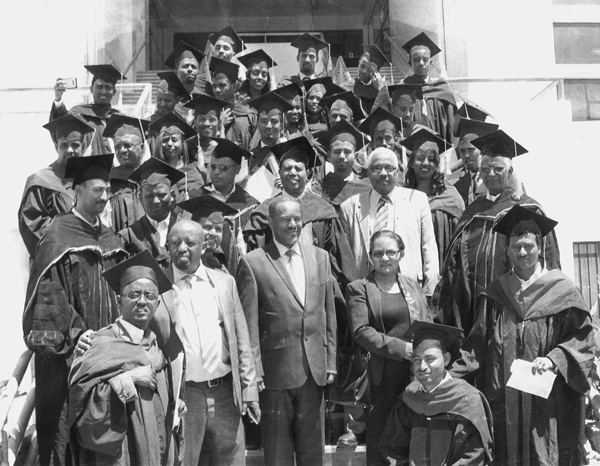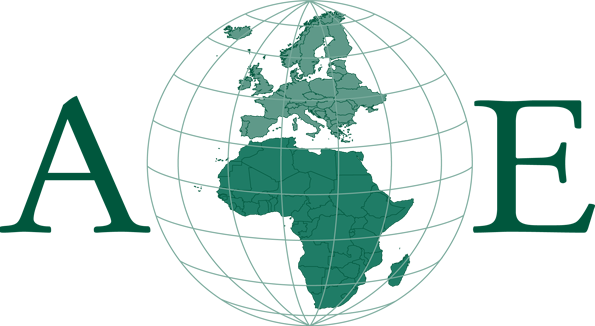
Core Activities of AEPICAB
Pursuant to its objectives, and mindful of recognized inadequacies of existing institutions and programs operating in African societies, AEPICAB is engaged in three distinct yet interrelated areas of activity, namely research, consultancy and education, all contributing to the development of an African knowledge economy and human resource capital. AEPICAB will endeavour to elaborate innovative approaches to the design and implementation of programs in each of these areas, particularly through close consultations with their intended recipients/beneficiaries. Clearly, the design and delivery of such tailor-made professional capacity and skill building programs are envisaged in such a way that their service will best contribute towards:
– developing the necessary skills and competence
– strengthening professionalism in governance
Capacity Building
AEPICAB’s capacity building directorate is responsible for main-streaming and upgrading human resource capacity programs in Africa in a range of relevant disciplines. Capacity building is indeed a process in which personnel and institutions scale up their competence to perform their tasks and to deliver better outputs. The overall objective of the capacity building endeavour is to enhance the organizational and technical capacity of institutions with an ultimate aim of sustaining continued professional development and strategic approaches in priority areas. In order to achieve its objectives, AEPICAB will pursue the following specific capacity building activities:
- Development of specialized and tailor-made curricula and training modules for capacity
- building-programs
- Training for research and consultancy skills
- Organizing “training the trainer” programs
- Staff Development
- Enhancing utilization of information
- Networking and twinning
Currently, several important areas have been identified as priorities for a training and research in the foreseeable future:
a)Training for strengthening African tax systems.
This program involves a tri-partite partnership between the Ethiopian government, the donor agencies and AEPICAB and is aiming at strengthening Africa tax systems, including regulatory mechanisms and institutions of revenue administration by creating a critical mass of human resources and tax officials for sustainable revenue collection and management.
b) The institutionalization of democracy and the rule of law.
This will be an intensive two-week training program aimed at enhancing the leadership and management skills of high level government personnel. It is intended eventually to extend that program to other African institutions.
c) Research:
A strong research and innovation base is critical for identifying new and effective means of securing access to justice and governance services in society.
I) Accordingly, one of the key priorities of AEPICAB is to focus on conducting research trough identifying, studying and analysing issues pertaining to the development of the justice systems, governance, accountability and the rule of law. In an endeavour to consolidate its tasks and activities, AEPICAP will conduct studies and produce position papers on key justice and governance issues affecting African societies and will also disseminate information and technical briefing papers.
II) In cooperation with carefully selected academic institutions, scholars and appointed professors, AEPICAB will in particular invite qualified PhD candidates to undertake research on a range of specific issues leading to a doctoral degree.
